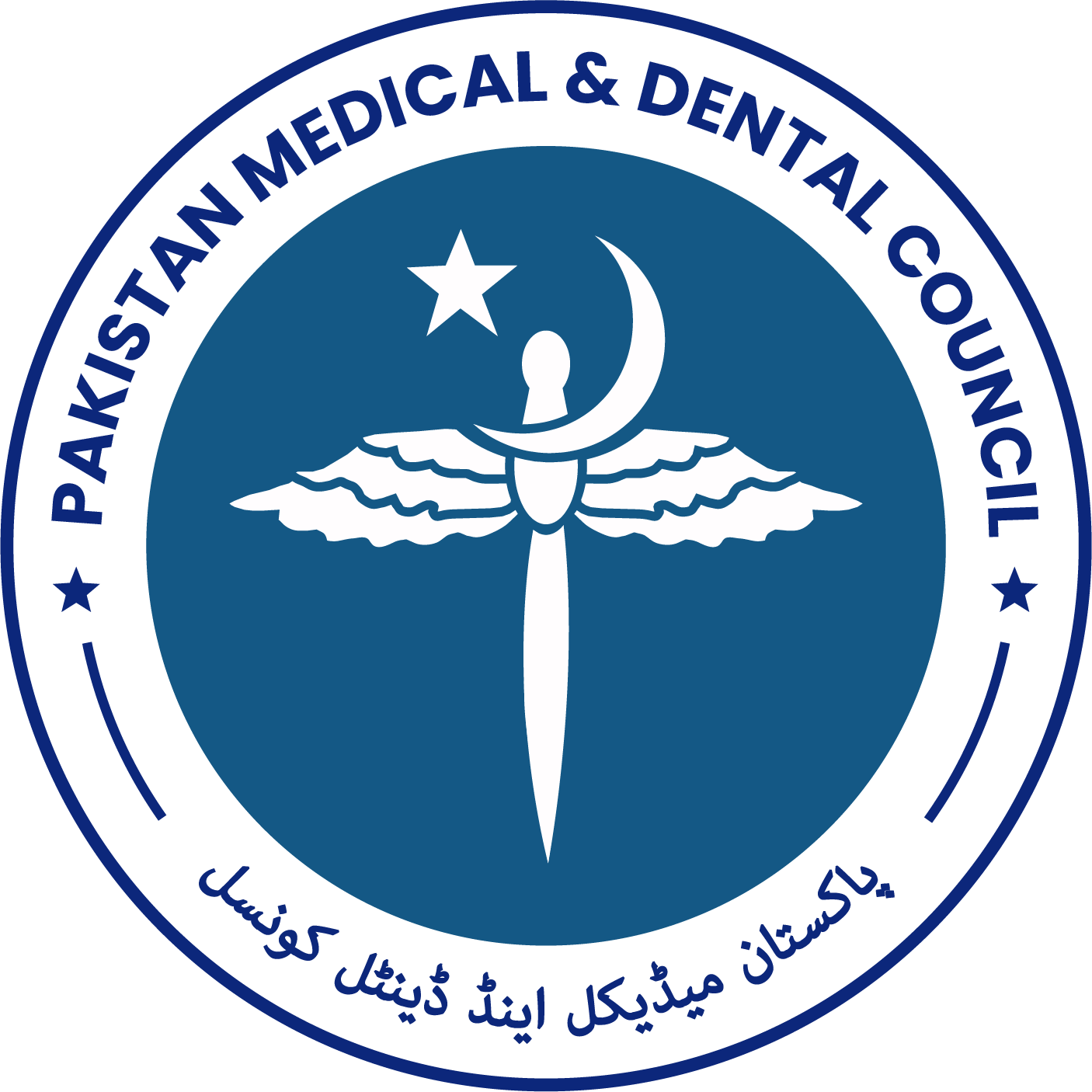Hand-Traced versus Digitally Traced Cephalometric Analysis: A Comparative Study
Abstract
Objective: To determine the accuracy of digitally/computer-traced cephalograms compared to hand-traced cephalograms in terms of differences in mean angular and linear cephalometric measurements.
Study Design: Observational (cross-sectional comparative).
Place and Duration of Study: The study was carried out at the Orthodontics Department of Armed Forces Institute of Dentistry (AFID), Rawalpindi, Pakistan, from June 2020 to December 2020.
Materials and Methods: One hundred and twenty patients aged 12 – 24 years undergoing treatment at the department were randomly selected. Cephalograms were recorded by a digital cephalographic system, keeping the distance between film and object at 5 feet and exposure time at 80 KV/0.5 sec. Both hard and soft copies were obtained. Hand tracings were done using the hard copy with a 0.5 mm lead pencil on 0.003-inch matte acetate paper. Digital tracings were performed using the soft copy of the same digital cephalometric system in the Viewbox software version 4.0. Linear and angular measurements were recorded. Data were analyzed using SPSS version 24. Descriptive statistics were calculated. For comparison between two methods, i.e., vs Computerized tracing, an independent sample t-test was applied while the p-value was kept ≤0.05.
Results: No statistically significant difference was observed between cephalometric measurements obtained via the two methods for any of the linear or angular measurements.
Conclusion: Computerized cephalometric analysis is reliable and time-effective, and its accuracy is comparable to manual analysis.
Copyright (c) 2023 Rabia Naureen Khan, Anum Tariq, Abdullah Jan, Hajra Pasha, Fakeha Ansari

This work is licensed under a Creative Commons Attribution-NonCommercial 4.0 International License.















